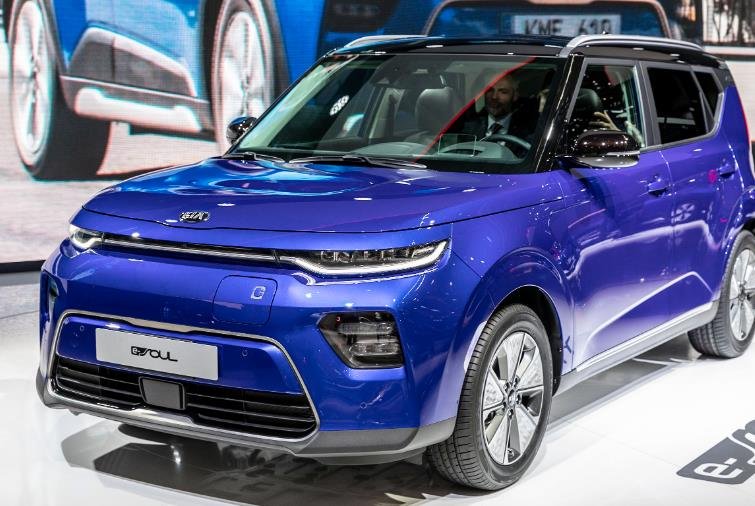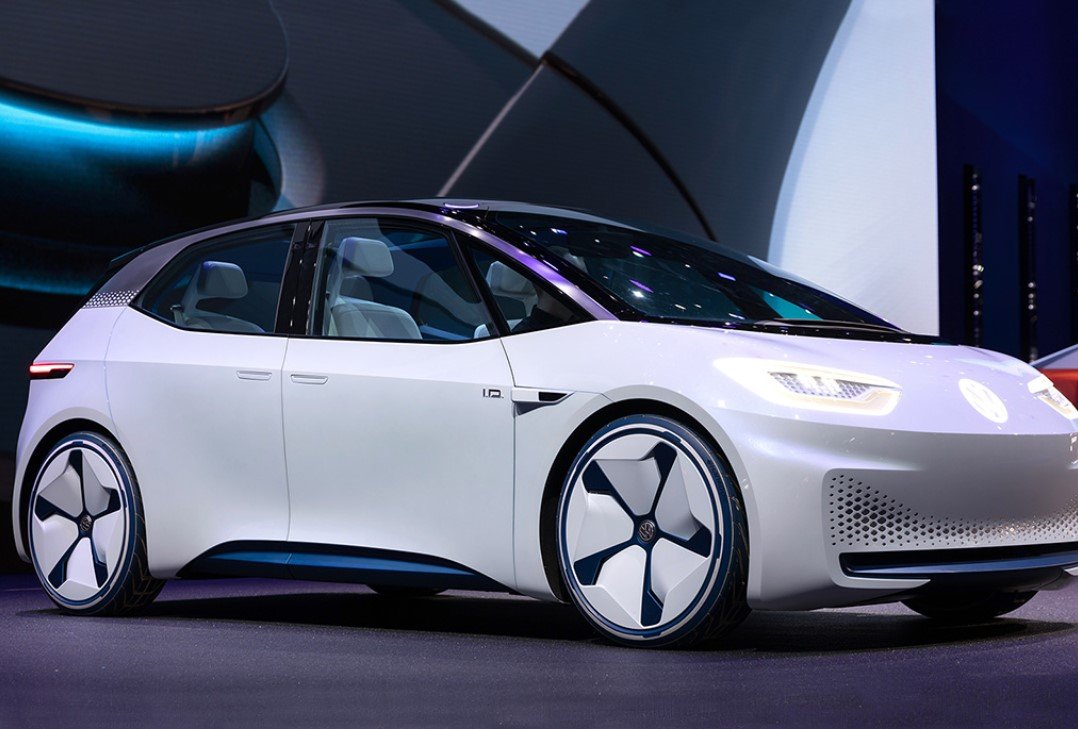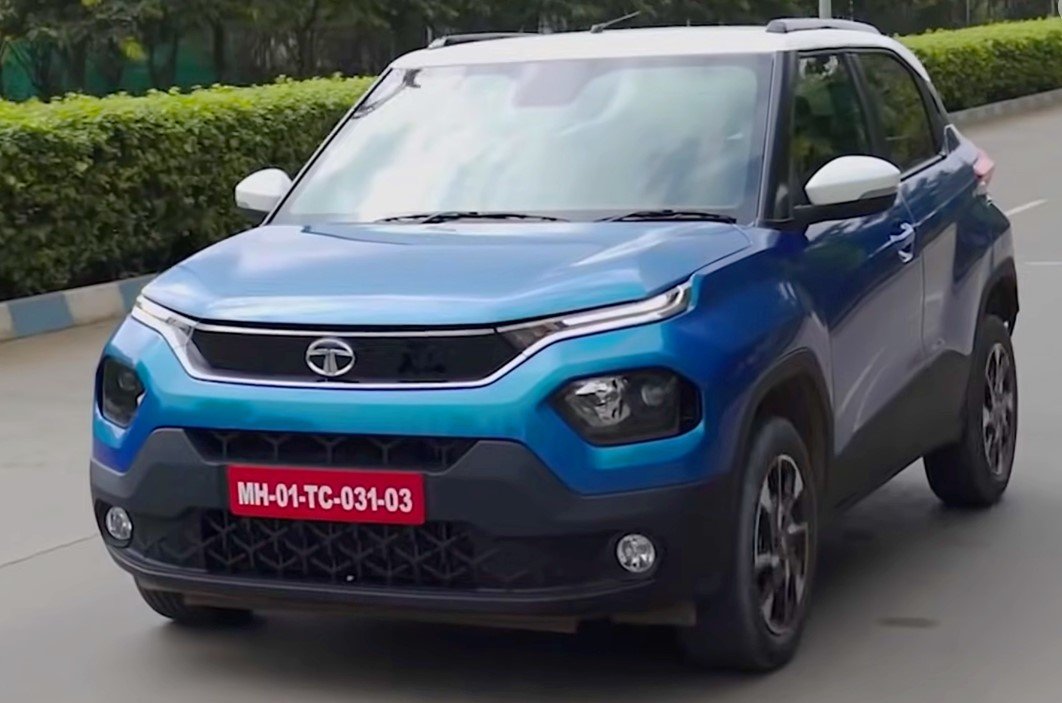Australia needs more EVs, not more excuses from carmakers. The new vehicle efficiency standard (NVES) proposed by the federal government will boost the availability and affordability of electric vehicles (EVs) for Australian consumers, according to a recent article by Scott Dwyer in The Guardian. The article argues that some carmakers are still in the slow lane on EVs, and that they are misleading the public about the costs and benefits of the new standard.
The NVES will set a limit on the average carbon emissions of new vehicles sold in Australia, starting from 2024. The standard will encourage carmakers to sell more low-emission vehicles, such as EVs, hybrids, and fuel-efficient petrol and diesel models. The standard will also align Australia with 85% of the global car market, which already has similar standards in place.

The NVES will benefit Australian consumers in several ways, such as:
- Saving them money on fuel and maintenance costs, as low-emission vehicles are cheaper to run and service than high-emission vehicles.
- Giving them more choice and variety of vehicles, as carmakers will offer more models and options of low-emission vehicles to meet the standard.
- Improving their health and environment, as low-emission vehicles will reduce air pollution, greenhouse gas emissions, and noise levels.
The NVES will also benefit the Australian economy and society, such as:
- Creating jobs and investment in the EV industry, as more demand and supply of EVs will stimulate the development of charging infrastructure, battery manufacturing, and related services.
- Enhancing energy security and independence, as more EVs will reduce Australia’s reliance on imported oil and gas, and increase the use of renewable electricity.
- Supporting innovation and competitiveness, as more EVs will foster the adoption of smart and connected technologies, such as vehicle-to-grid and vehicle-to-everything systems.
Some carmakers are resisting the NVES and spreading misinformation about its impacts
Some carmakers are resisting the NVES and spreading misinformation about its impacts, according to the article. The Federal Chamber of Automotive Industries (FCAI), the peak body representing car manufacturers in Australia, commissioned a report that claimed that the NVES will increase the average price of new vehicles by up to $15,000, and that it will hurt consumers and the economy.
However, the article points out that the FCAI’s report is flawed and biased, as it:
- Assumes that carmakers will pass on the full cost of meeting the standard to consumers, without considering the potential savings and benefits of low-emission vehicles.
- Ignores the fact that the NVES will be phased in gradually, and that carmakers will have flexibility and incentives to comply with the standard.
- Fails to account for the global trends and realities of the EV market, such as the falling costs and increasing availability of EVs, and the rising consumer demand and government support for EVs.
The article also notes that the FCAI’s position is not shared by all carmakers, as some of them, such as Tesla, Hyundai, and Volkswagen, are already offering or planning to offer more EVs in Australia, and are supportive of the NVES. The article suggests that the FCAI is representing the interests of the laggards and losers of the EV transition, rather than the leaders and winners.
Australia is lagging behind the rest of the world on EV adoption, and needs to catch up soon
Australia is lagging behind the rest of the world on EV adoption, and needs to catch up soon, according to the article. Australia has one of the lowest rates of EV uptake in the world, with EVs accounting for only 3.8% of new vehicle sales in 2022, compared to 16% in Europe, 12% in China, and 11% in the US. Australia also has one of the highest rates of transport emissions in the world, with transport being the third largest source of carbon emissions in the country.
The article argues that Australia has a huge potential and opportunity to increase its EV adoption, as:
- Australians are keen and ready to buy EVs, as shown by the long waiting lists and high satisfaction ratings of EV owners.
- Australians have favourable conditions for EVs, such as high urbanisation, short driving distances, and abundant solar and wind resources.
- Australians have strong support and advocacy for EVs, from various groups and stakeholders, such as motoring clubs, consumer groups, environmental organisations, and state and local governments.
The article concludes that the NVES is a crucial and overdue policy that will help Australia accelerate its EV transition, and that carmakers should embrace and facilitate this transition, rather than obstruct and delay it. The article also calls on the federal government to implement other complementary measures, such as EV incentives, targets, and standards, to ensure that Australia does not miss out on the benefits and opportunities of the EV revolution.
















